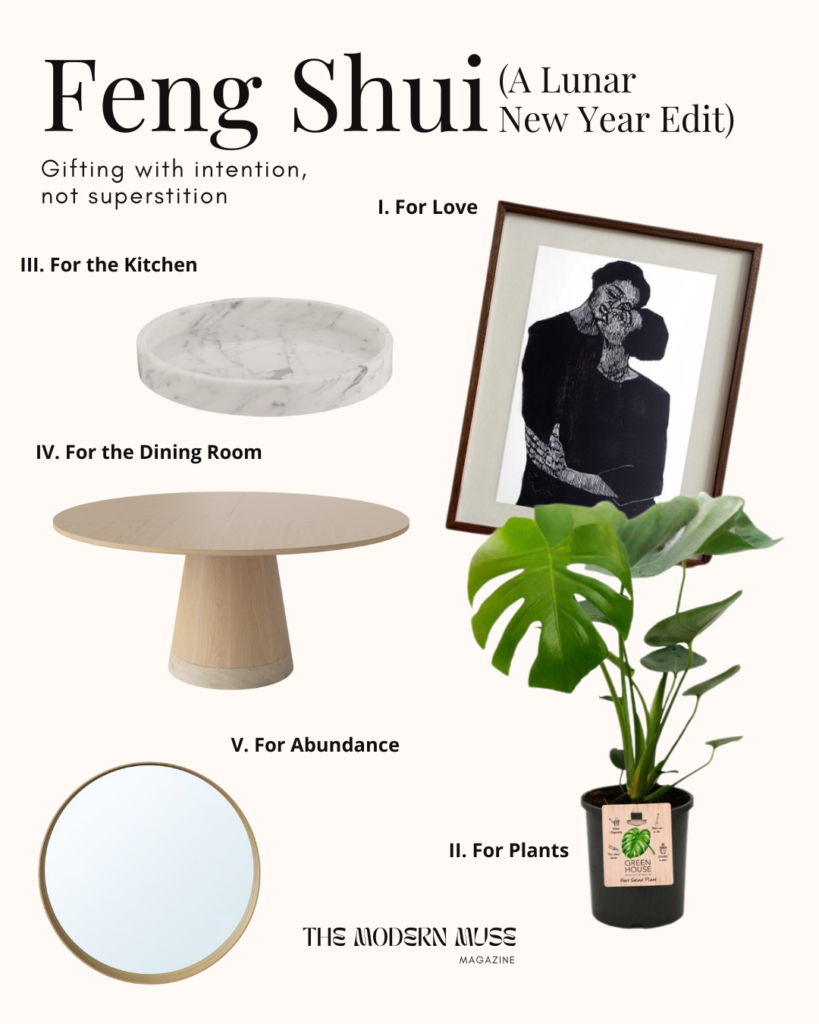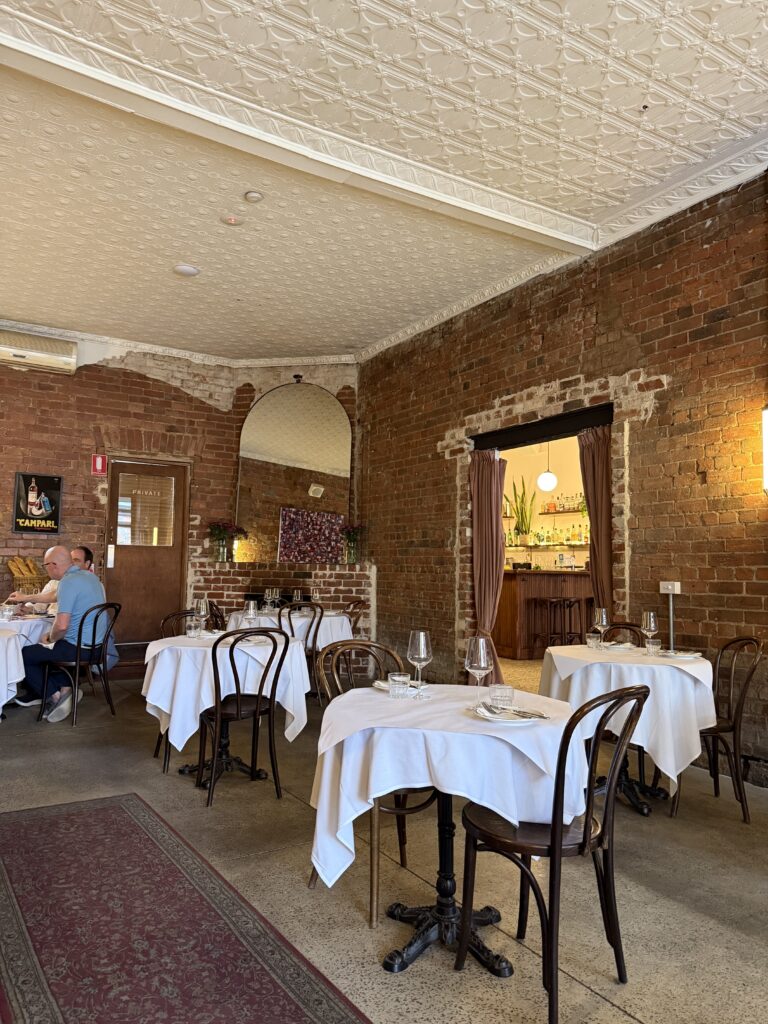Typically categorised by 5:00 am wakeups, marathon running and notorious email monitoring, (served with a generous side of severe burnout and mental exhaustion), “hustle culture” has been the modern narrative instilled into corporate success for the past few decades. However, a new way of life has officially entered the chat – one rejecting the notion that success and stress come as a package deal (spoiler alert: it doesn’t). Enter the rise of “slow living” – aka. the antithesis of hustle culture.
This movement champions a mindful way of existence, leaving behind the typical burnout associated with a corporate 9-5 job, promoting introspection, balance and connection – and Gen Z are the ones leading the charge.
But what exactly constitutes slow living, and how effective is it in attempting to avoid the negative effects of hustle culture?
According to an article written by the BBC, hustle culture first emerged during the “entrepreneurial boom” brought on by the 90’s and 00’s – which garnered Millennials the notable title of “the burnout generation”.
This has seen their Gen Z successors frequently labelled “the lazy generation” – despite over 45% reported having more than one source of income.
However in recent years, Gen Z have clapped back with the rise of their #slowliving practices, with the online term having amassed over 365 thousand uses – going on to coin similar terms like “Lazy girl jobs” and “quiet quitting”.
For burnout victim and fellow Gen Zer Aisha Ambesi, she feels her generation has begun to reject hustle culture because “we’ve realised that we’re lacking appreciation for the ‘quiet’ moments of life and leisure”.
“Becoming aware of this has amplified the idea, shifting the perspective on the term ‘hustle.’ Young people aren’t just hustling for a 9–5 job; many are doing it to find ways to live out their dreams and pursue opportunities that truly fulfill them.”
Ambesi isn’t the only one who’s noticed this shift. According to a 2024 Global Benefits Report by HR platform Remote, 76% of Gen Z jobseekers are opting for hybrid work models, which was said to stem from the generation’s pursuit for a healthy work-life balance.
The importance of maintaining sustainable working habits appears to be a key driving factor behind avoiding the negative side effects of hustle culture – however according to Victorian based Clinical Psychologist Dr. Erin Bowe, the impacts of a fast-paced existence run deeper than pure mental exhaustion.
“We start to notice that we’ve lost our ability to enjoy things simply for enjoyment. We lose our ability to find a slow, steady wave of satisfaction… Doing things that are not instantly gratifying feels like it takes too much effort”.
In turn, this has seen over 60% of Australian workers experience burnout, compared to a 48% global average, found a 2022 Microsoft Trend Report.
For burnout victim Ambesi, hustle culture has impacted her ability to set boundaries and prioritise relaxation: “I’m continuously thinking about the next step and am not putting into focus the other things that give me joy in my life.”
This is where “slow living” practices have begun to be adopted: to promote a more sustainable model of work, prioritising mindful connection and a more sustainable work-life balance.
Recent efforts to counter the normal 9-5 such as introducing a 4-day working week, pushes for increased remote work in a post-covid world, alongside recent laws to disconnect all underscore the collective push to live a slower paced existence – however adopting slow living practices into your daily life can look different for everyone.
For Bowe, slow living is a “practice of choosing to remind yourself that the present moment is all we have”.
“We’re realising that humans are not wired for being in a state of rushing and ‘fight or flight’ all the time. That we don’t want to become octogenarians whose last words are ‘I’m so glad I spent all that time scrolling’”.
For Ambesi, implementing a more mindful existence has involved “putting on my headphones and reading my book on the train, and for the past couple of weeks, I haven’t even looked at my phone during the ride—it’s been pure bliss”.
However, it can be difficult to know exactly where to start. For those looking to embrace a slower paced existence, Bowe recommends starting by “choosing three completely manageable non-negotiables that feel aligned”.
This could involve “choosing to drink a full cup of tea without distractions, one minute of looking at the horizon, reading one page of a book before turning on the TV or scrolling”.
Ultimately, “It has to feel manageable,” said Bowe.
So, instead of attempting to run that marathon, answer 101 emails and down a double espresso all before the sun rises, try substituting in Gen Z’ers slow living movement – you might just find it as (if not more) productive than giving in to the the traditional alluring arms of hustle culture.
Read more of our Thought-Provoking articles here.





